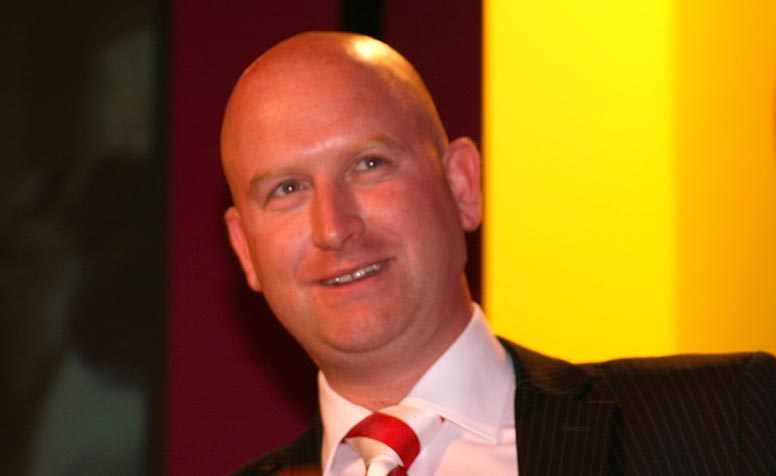 Paul Nuttall, leader of UKIP. Photo: Wikipedia
Paul Nuttall, leader of UKIP. Photo: Wikipedia
Following the referendum, and more noticeably recently, UKIP has dived in the polls and taken a sharp turn to the right
Whilst the far-right appear to be triumphant across Europe and in the US, this picture is not mirrored in the UK. Unlike France, Britain’s fascists are at their weakest for generations. Meanwhile, the UK’s most right-wing mainstream political party, UKIP, has been in steady decline since last year’s EU referendum.
While Farage and others in the party have tried to monopolise the credit for the country’s vote to leave the European Union, UKIP have lost all momentum in the months since. The defeat of Farage’s successor, Paul Nuttall, in Stoke in February resoundingly dismissed the suggestion by party figures and some in the media that UKIP would dramatically overtake Labour in many constituencies. In fact, a recent YouGov poll has the party down to as low as 5%.
This trend has refuted those on the left who mistakenly warned that a Brexit vote would lead to a surge in UKIP’s popular support but it has also forced the party to desperately alter its approach to arrest the decline.
UKIP has rarely been a stranger to racist and islamophobic rhetoric, its horrific referendum poster last year rightfully sparking enormous criticism. However, in recent days it has become clear that Paul Nuttall intends to pull the party further to the right in a vain attempt to hold on to votes.
In the last few days, UKIP has announced its ‘integration agenda’, less about integration and more an undisguised attack on Muslims in the UK. The agenda would involve a ban on burqas and a suspension of new Muslim faith schools until Muslims can prove they have made “substantial progress” in integrating into British society. They also declared that that any rape or grooming offence where the perpetrator is a different race should be an “aggravating factor” and treated as hate crime.
However, the most shocking of these proposals involves frequently targeting children from minority groups at schools for inspections to check they haven’t been genitally mutilated. This would not just be a horrendous invasion of privacy but would cultivate islamophobia and xenophobia, leaving vulnerable children second class citizens in a racist culture of suspicion.
In the face of a post-Brexit existential crisis and voters increasingly deserting the party, Paul Nuttall and friends have predictably decided that their hopes for electoral success lie in a marked lurch further to the right. It is this projected lurch that proved the end of the line for Douglas Carswell, an increasingly isolated libertarian conservative unwilling to move in a more populist direction.
After the referendum vote, UKIP has struggled to redefine itself. It can no longer identify itself as a patriotic and Eurosceptic party, much of that ground having been swallowed by the Tories (seemingly pretending it argued the Remain case last year). It is perhaps inevitable then that the only direction UKIP feels it can go is further to the right and further into the swamp of xenophobia.
In adopting the repulsive proposals seen in their ‘integration agenda’, UKIP is embracing the sort of policies that have long been associated with the likes of the EDL and the BNP and while Nuttall clearly feels that this is the right approach, this association carries a clear cautionary tale.
Both the EDL and BNP have seen sharp declines in their popularity in recent years, with the latter’s membership down 500 as long ago as 2015 and only one councillor remaining in its ranks. Meanwhile, the EDL has largely fractured into disorganised irrelevance.
Neither of those tales suggest that UKIP’s descent to such policies will bear anything other than increasing electoral irrelevance. In fact, it would appear that in a vain search for votes, Paul Nuttall and co are heading for political oblivion. Rejoice.

